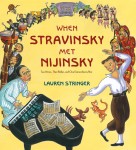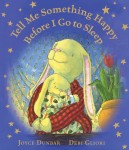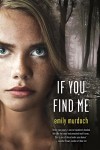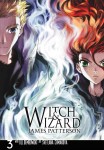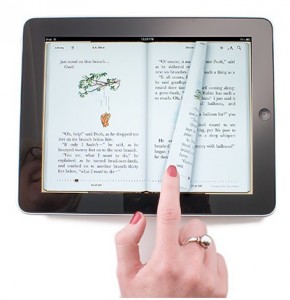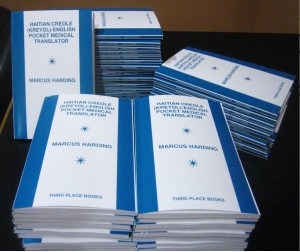Order Alert: Stephen King’s DRUNKEN FIREWORKS
Tuesday, May 12th, 2015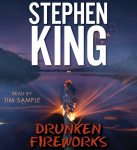 Stephen King will release an audiobook-only title this summer, Drunken Fireworks (Simon & Schuster Audio; CD and DD, OverDrive Sample), about a fireworks rivalry that gets way out of hand.
Stephen King will release an audiobook-only title this summer, Drunken Fireworks (Simon & Schuster Audio; CD and DD, OverDrive Sample), about a fireworks rivalry that gets way out of hand.
To be released on June 30th, at the close of audiobook month, it is narrated by Tim Sample, who also read King’s Four Past Midnight: The Sun Dog.
In early November the short story will be released in print as part of a new King collection, The Bazaar of Bad Dreams (S&S/Scribner; Nov 3.; ISBN 9781501111679). The full collection of stories will also be published in audio (no word yet on the narrator).
According to The Wall Street Journal, Drunken Fireworks will stream for free on July 2 as a promotion for CBS’s new web-based podcast platform Play.it. CBS Radio stations in more than 20 markets will run promotions for four days starting June 29.
The Wall Street Journal sees this as a case of corporate synergy, since King is published by the CBS-owned Simon and Schuster.
King is known for his interest in helping promote new technologies. Back in 2000, he brought attention to eBooks by releasing the digital novella Riding the Bullet, causing the NYT‘s critic Christopher Lehmann-Haupt to wonder, “is this the wave of the future or just a confluence of unusual circumstances?”


